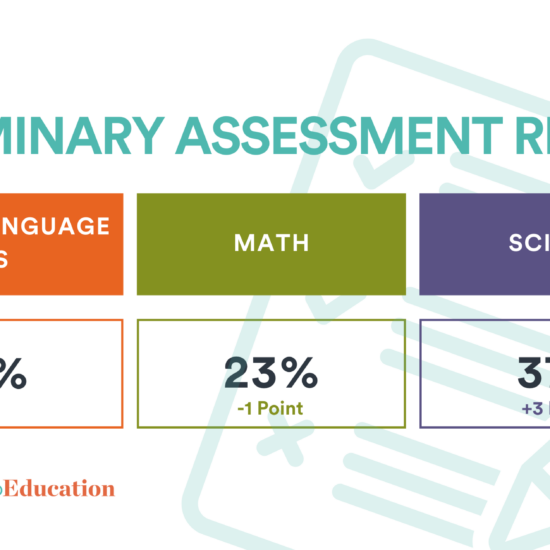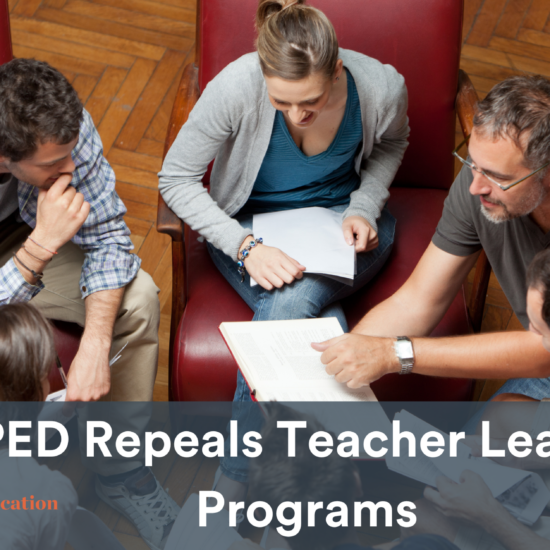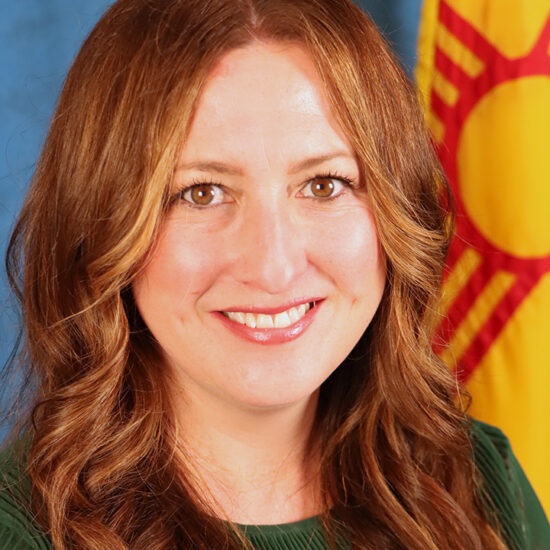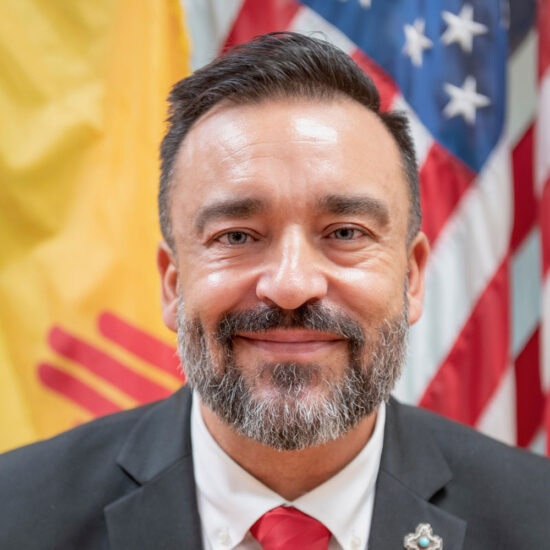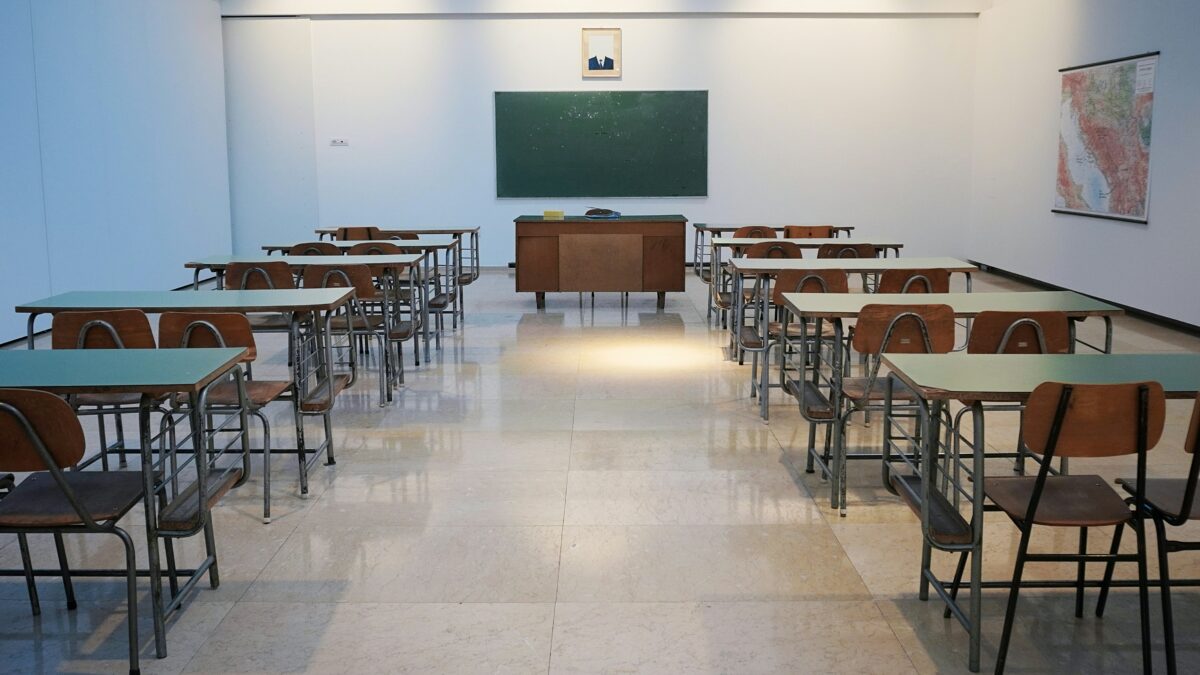
The Public Education Department (PED) launched a tutoring initiative late in the school year, with only weeks to go. Now, PED will not answer questions about the size of funding to tutors, which sources claim was a large sum of money.
To address the academic struggles of students across New Mexico, PED and the Southwest Regional Education Cooperative (SWREC) awarded grants to four vendors to provide “High Impact Tutoring” services.
However, the timing of the grant awards and the delayed implementation have raised questions about the effectiveness of the money spent to date.
The initiative, aimed at providing in-school, data-driven “high impact tutoring” to help students achieve their academic goals, was launched in April 2024. The state’s push toward high impact tutoring follows data from the 2022-2023 school year that showed only 38 percent of students can read at grade level and only 24 percent of students can do math at grade level.
Despite multiple requests to both the PED and SWREC, both are choosing not to answer questions about the amount of the award to each of these vendors. New Mexico Education has asked both over multiple weeks for this information. The initiative allowed any school district in New Mexico to contract with one of the four tutoring companies to provide free high impact tutoring to students through the end of the school year.
School districts and students were not automatically enrolled into the high impact tutoring program. Instead, it was up to districts to decide whether to join the initiative, select which tutor company’s service their district would use, and then select which students to enroll. As of publication, it is unclear how many students and districts took part in this program.
The selected vendors—Varsity Tutors, Air Tutors, One on One Learning, and Tutorfly Holdings — were expected to provide services through the end of the current school year. This timing has prompted questions about the effectiveness and planning of the program, as tutoring didn’t begin until many students were already nearing the end of their academic year.
Despite their short timeframe, these companies pledged to provide quality tutoring and improve student results.
Why Was Tutoring Delayed?
To hire tutor companies, PED must follow state procurement procedures which require them to issue a “Request for Proposal” (RFP). Companies must then offer proposals about their scope of work, their cost, and explain why they would be a good fit for the work.
The initial RFP for the High Impact Tutoring services was released in July 2023, with plans for the tutoring to begin in August 2023, the beginning of the school year. This RFP was canceled abruptly, leading to confusion among applicants and the issuance of a new RFP, which ultimately delayed the implementation of high impact tutoring until April 2024.
Despite multiple inquiries, the PED has yet to provide a clear explanation for the cancellation of the original RFP.
The new RFP was issued on January 16, with a due date for companies of January 30. The protest deadline was at the end of February, and companies were allowed to start working in April through the end of the school year in May.
NME submitted an Inspection of Public Records Act (IPRA) request to SWREC on April 3, seeking all responses to the original RFP and records explaining its cancellation. Days later, SWREC informed NME that all requests about this particular RFP would have to be sent to PED as they “directed” the RFP.
On April 23, NME submitted an IPRA to PED. The department’s responses declared the request “burdensome” and required additional time to fulfill.
PED delivered the IPRA on May 30. In the provided documents, PED acknowledged failures to evaluate potential vendors equally and accurately.
In their initial letter canceling the RFP, PED wrote, “[Vendor complaints] raised material questions including the following: l) the scores for selection of finalists did not adhere to the requirements in RFP Section Il.B.8 Selection of Finalists; 2) explanations were not provided for why the offerors that were selected for the oral presentation or overall for an award were selected over other offerors; and 3) the scoring criteria was not followed as detailed in the Request for Proposals.”
Documents show PED later issued an amendment to the cancellation, writing, “Following protests for this solicitation of which have been upheld, the PED is proceeding with canceling this solicitation.” Legally, they invoked a clause in the RFP that reads, “This RFP may be canceled at any time and any and all proposals may be rejected in whole or in part when the Agency determines such action to be in the best interest of the State of New Mexico.”
In the cancellation amendment, PED informed vendors to be on the ready, as the new RFP would be published “in the near future” and they would be alerted.
On January 16 PED issued the new RFP, which was eventually completed and tutoring services were allowed to start in early May, with just weeks of school left.
According to the new RFP, PED asked vendors to submit a scope of work for three months. The vendors only had a month with students.
Janelle Garcia, the Deputy Director of Communications and Public Relations for the PED, wrote in a May 24 email that the current RFP was intended to tie into other summer tutoring programs. Because of this, there are no results to report yet. She mentioned that another middle school tutoring project had been running throughout the year and was being evaluated by the University of Chicago, but data from this project would need to be manually tallied before it is ready to share.




